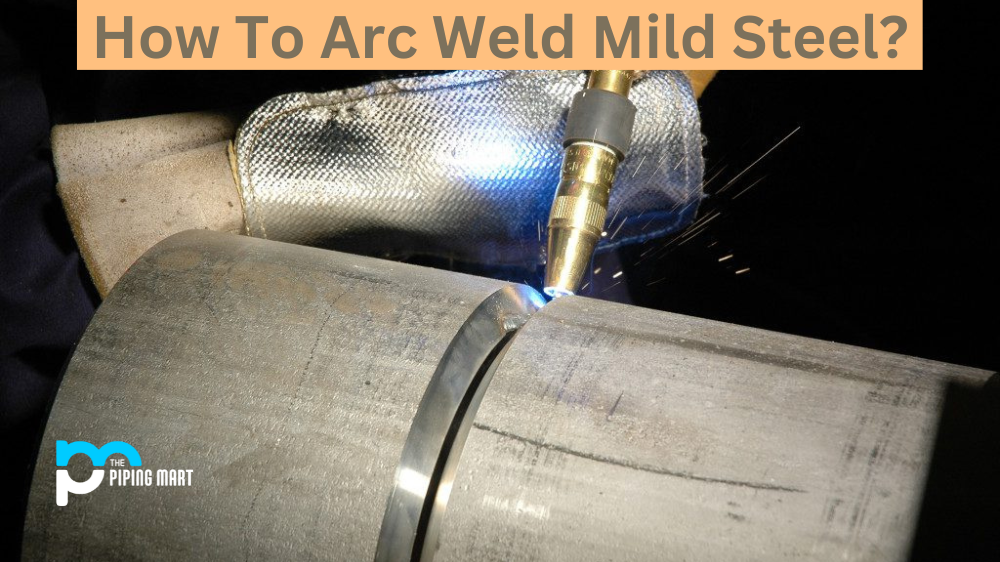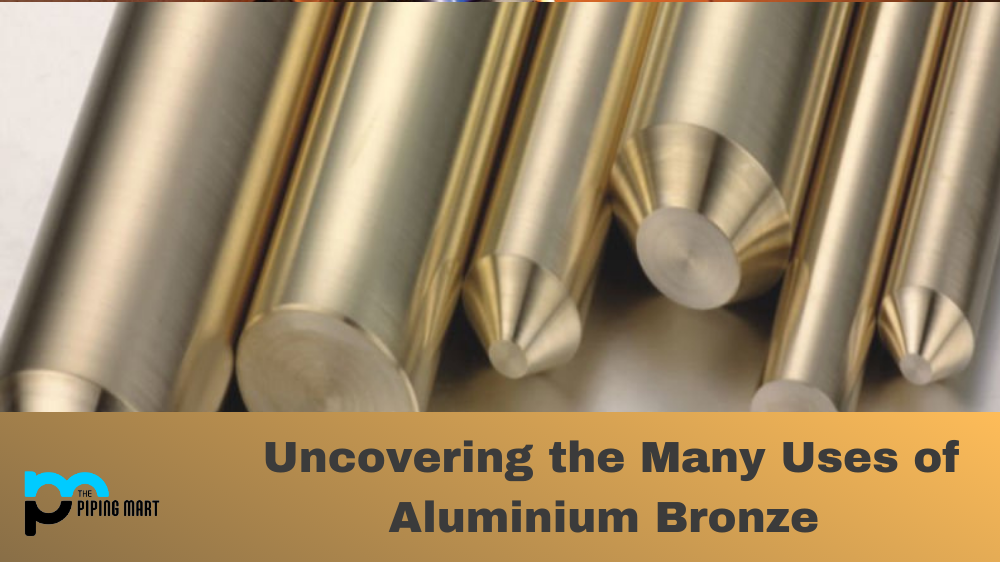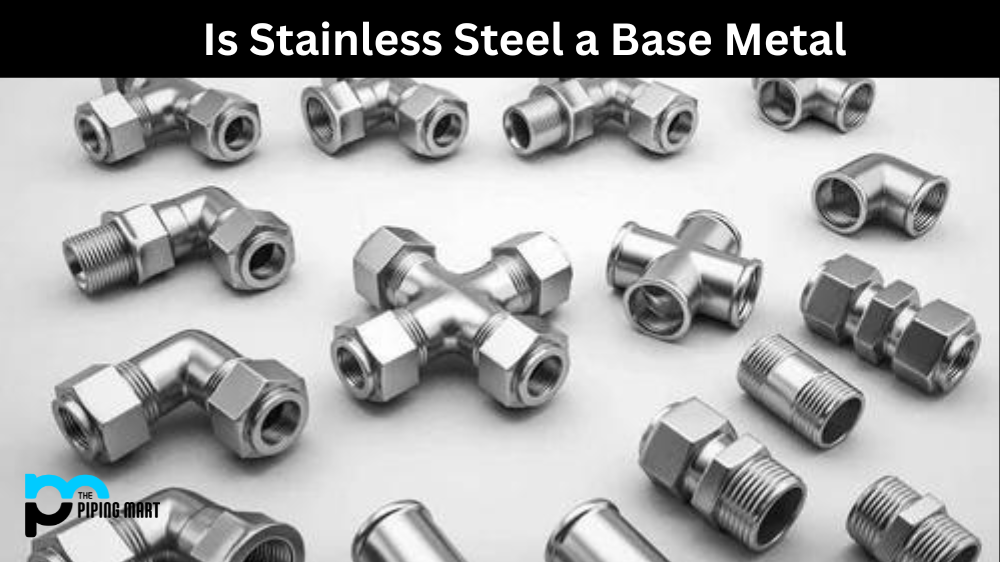When it comes to purchasing metal components, you have a variety of different options. Two of the most popular metals are brass and stainless steel. Although both metals offer durability and longevity, there are some key differences in price. By understanding the price difference between brass and stainless steel, you can decide which metal is best for your project.
Cost Considerations for Brass vs Stainless Steel
When it comes to cost, brass is generally cheaper than stainless steel. This is because brass is more abundant on the market and has a lower production cost. The price of brass varies depending on the grade or alloy you purchase, but generally speaking, it is much less expensive than stainless steel. That being said, if you’re looking for a metal that offers superior performance at an affordable price point, brass may be your best option.
Stainless steel tends to be more expensive due to its superior strength and corrosion resistance. It also requires more energy to produce because it needs to be heat treated during the manufacturing process to increase its strength and durability. As a result, stainless steel costs more than other metals, such as aluminum or copper alloys. However, stainless steel may be worth the additional cost if you’re looking for a metal that will last longer and won’t rust over time.
When deciding which metal is suitable for your project, it’s essential to consider how much wear and tear it will experience over its lifetime and how important corrosion resistance is for your particular application. Both factors should help you decide whether brass or stainless steel suits your needs – regardless of their respective prices.
Conclusion:
Deciding between brass or stainless steel can be tricky since they have different qualities that make them suitable for other projects. However, brass tends to be cheaper due to its abundance on the market, while stainless steel costs slightly more due to its superior strength and corrosion resistance properties. Before deciding which metal you should use in your project, consider all factors, such as wear-and-tear expectations and corrosion resistance requirements, to ensure you get exactly what you need at a reasonable price point.
Sakshee is a talented blogger, with a particular focus on the Business and Metal Industry. She is passionate about sharing her insights on various metal products and helping professionals to make a better decisions.




